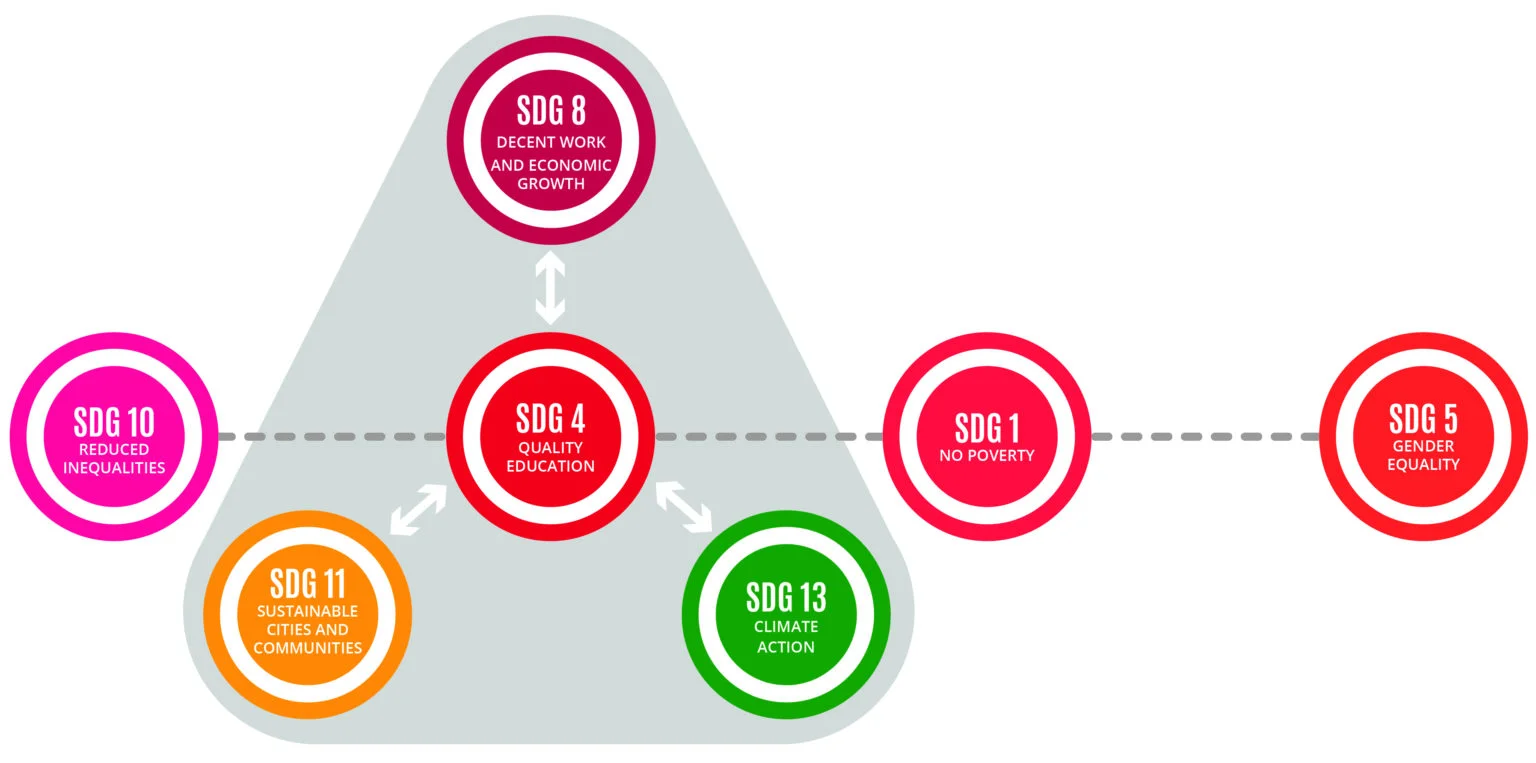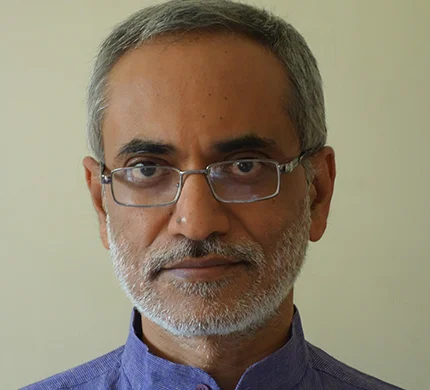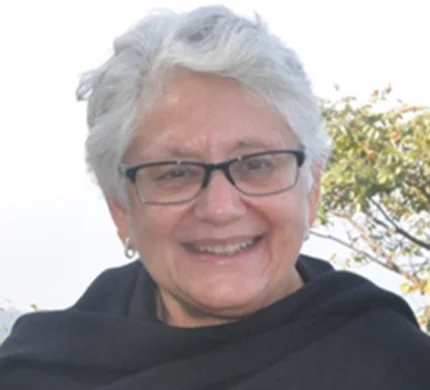THE TESF INDIA
PANDEMIC STUDY
COMMISSIONED
PROJECTS
INDIA
BACKGROUND PAPER
TESF India
TESF India is anchored at the Indian Institute for Human Settlements (IIHS), Bangalore. It aims to develop sustainable institutional capacity in India through the production of high-quality research that will assist key stakeholders to better understand how education systems can be transformed to support sustainable development.
Focus Areas
- Exploring key concerns across the sectors of school, higher and teacher education
- Development of sustainable cities and communities
- Taking action for addressing climate change
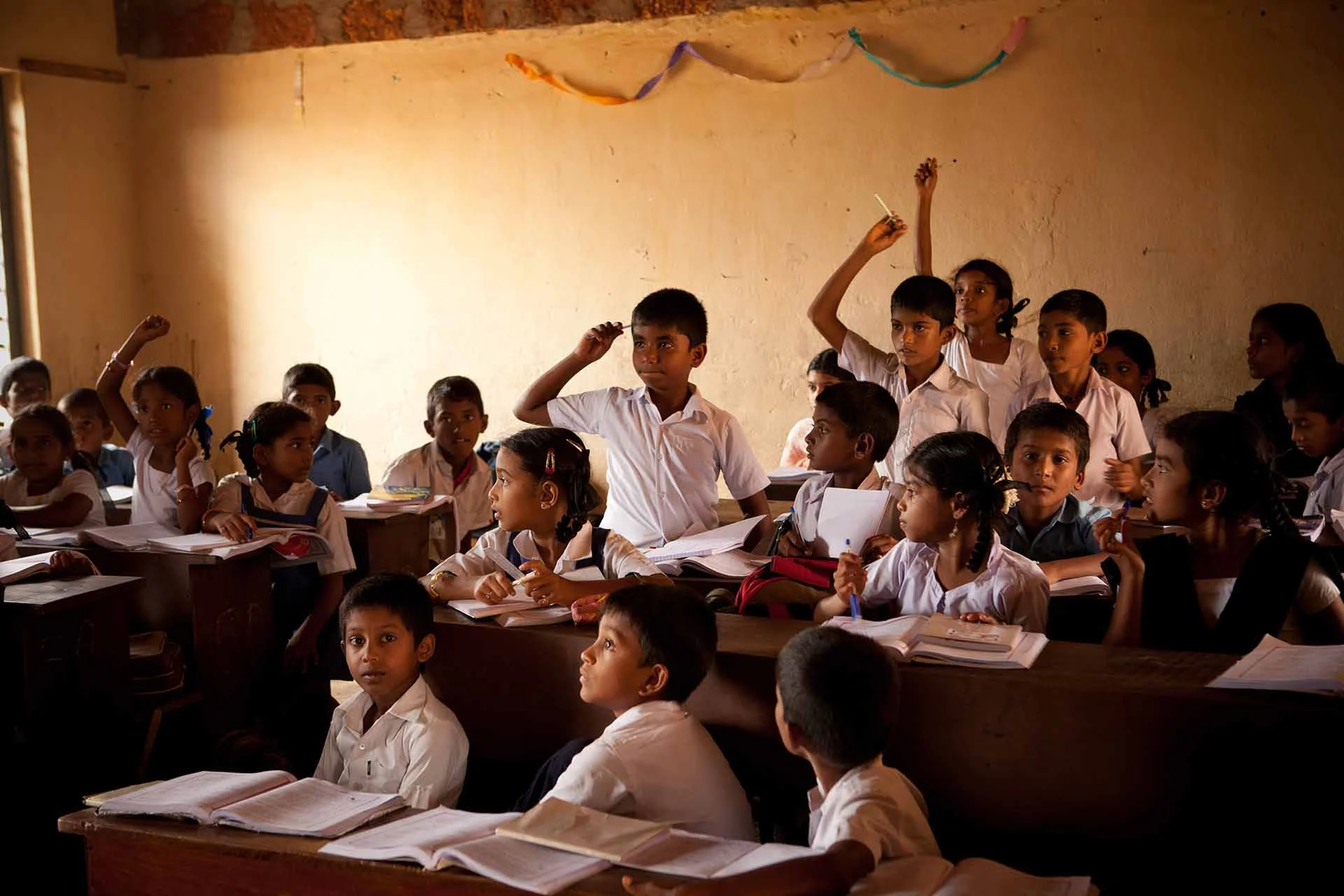

Research Themes
- Problematising education to understand how social, gender, economic, environmental, and epistemic injustice is sustained and perpetuated; and how educational inequality impedes the realisation of the full potential of education in enabling socially and environmentally sustainable societies.
- Problematising the current construct of ‘learning crisis’ to examine how different kinds of inequalities, such as, class, caste, race, ethnicity, gender, disability, and educational inequality impact the development of disadvantaged learners and their learning outcomes.
- Examining how school, higher and professional education, and teacher education can be transformed to develop critical knowledge, capacities and teacher and student agency towards developing a socially and environmentally sustainable and just society.
- Examining linkages between sustainable development, disaster risk reduction and climate action, at national, state and regional scales, and key actors and system transitions, relevant to the Indian and global development agendas.
- Addressing intersecting urban vulnerabilities in the context of the SDGs, specifically the linkage between spatial, social and environmental justice.
- Exploring post-COVID urban futures in the context of sustainable cities and communities and education for sustainable development.
- Exploring the potential for Education for Sustainable Development to address questions of environmental, social, economic and epistemic justice in school and higher education contexts.
School Education (2019-20)
Source: UDISE+ (2019-20)
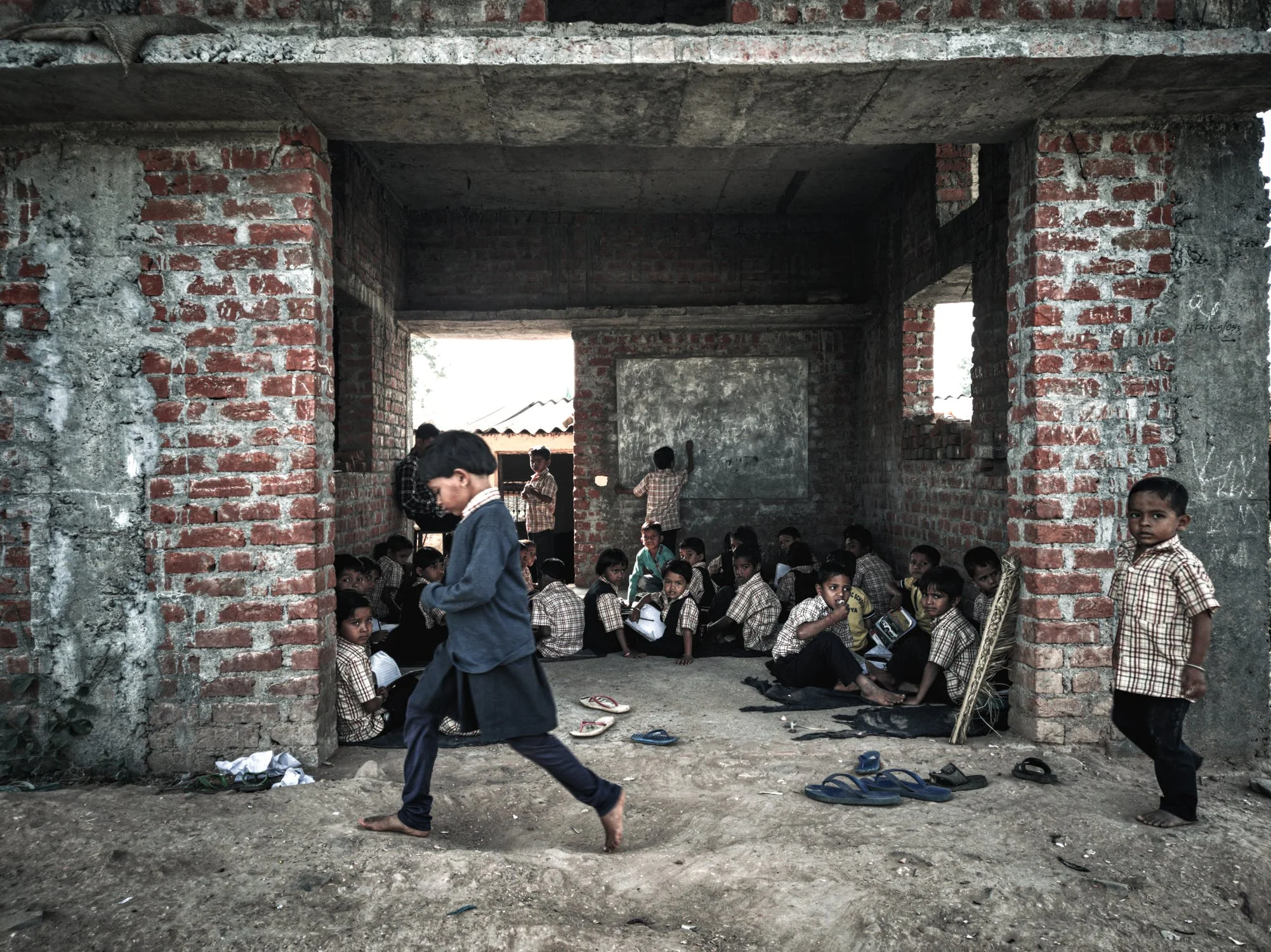
About TESF
The Transforming Education for Sustainable Futures (TESF) is a research network under the UK Global Challenges Research Fund (GCRF) through the Economic and Social Research Council Network Plus scheme anchored by University of Bristol. The aim of TESF is to generate new knowledge and build capacities via interdisciplinary research across institutions, non-governmental and community-based organisations to envision and implement education policies and research practices that can contribute to equitable, socially just and environmentally sustainable futures with specific focus on:
- Knowledge, skills and agency of young people and adults via equitable quality education
- Sustainable cities, livelihoods and communities
- Climate action
Network works on co-production of research, aimed at meeting the needs of historically marginalised groups, including those most affected by poverty, women, youth, indigenous peoples, urban and rural communities.
Addressing inequalities relating to poverty, gender and the status of indigenous knowledge are cross-cutting themes in the work, as are concerns for foregrounding marginalised voices and decolonising research.
Our research aims to explore the role of education
as a driver for sustainable development and transformative change.
